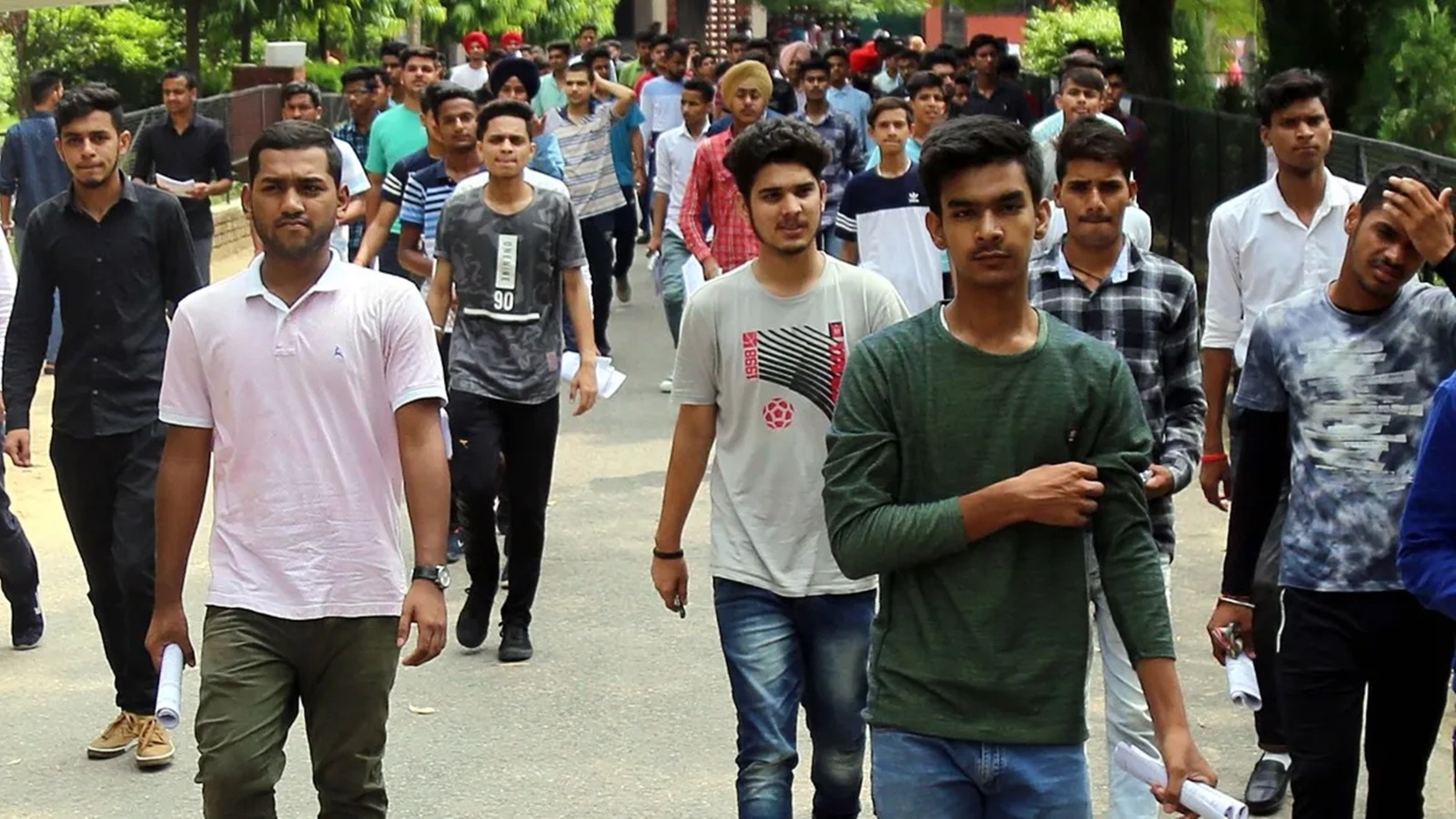The Centre plans to introduce the Public Examination (Prevention of Unfair Means) Bill, 2024, during the ongoing session of Parliament.
The Bill is aimed at curbing cases related to paper leaks and organised cheating in public examinations, including the UPSC, SSC, and the Railways; and entrance examinations such as NEET, JEE, and CUET.

According to sources, the Union Cabinet has approved the draft of the Bill, and it is likely to be tabled in Parliament on Friday or on Monday.
The Bill, piloted by the Department of Personnel and Training (DoPT) under the Ministry of Personnel, Public Grievances and Pensions, will cover all recruitment and entrance exams such as Union Public Service Commission (UPSC), Staff Selection Commission (SSC), Railways, and banking recruitment exams, Common University Entrance Test (CUET), National Eligibility and Entrance Test (NEET), and Joint Entrance Examination (JEE). All the computer-based examinations conducted by the National Testing Agency (NTA) will come under the purview of the Bill, it is learnt.
The Bill proposes minimum three to five years of imprisonment, however, for cases of organised crimes, the Bill proposes imprisonment of five-10 years. For organised crimes, the Bill also proposes a minimum fine of Rs 1 crore. For service provider firms in examinations, a fine of up to Rs 1 crore, and recovery of proportionate cost of examination have been proposed as punishment. The firm will also be barred from conduct of public examination for four years.
For organised crime committed by any person, group of persons, including persons associated with service provider or examination authority, the Bill provides imprisonment of five-10 years, and a fine not less than Rs 1 crore. For institutions involved in organised crimes, the Bill provides for fine not less than Rs 1 crore, attachment and forfeiture of property, and recovery of proportionate cost of examination.
The Bill, however, provides protection to the candidates. “A candidate, as defined in the Bill, shall not be liable for action within the purview of the Bill and shall continue to be covered under the extant administrative provisions of the public examination authority concerned,” said a source.
Story continues below this ad
Addressing the joint sitting of both Houses of Parliament, President Droupadi Murmu said, “My government is aware of the concerns of youth regarding irregularities in examinations. Therefore, it has been decided to enact a new law to deal sternly with such malpractices.”
According to the sources, the Bill also provides for setting up a high-level National Technical Committee on Public Examinations, which shall look into developing protocol for insulating digital platforms, devising ways and means for developing fool-proof IT security system, ensuring comprehensive electronic surveillance of the examination centres and formulating national standards and service levels for both, IT and physical infrastructure, to be deployed for conduct of such examinations.
The source said that the government has introduced several reforms to enhance transparency in examinations for recruitment as well as admission to higher education institutions over the years and the proposed legislation in that direction.
The source said that the government has done away with the requirement of attestation of documents by introducing self-attestation; shortening examination cycle (from 18-22 months to 6-10 months); doing away with interviews for recruitment to Group ‘C’ and ‘D’; introduction of computer-based tests; and issuance of appointment letters through digital means under “Rojgar Mela”.
Story continues below this ad
Speaking about requirement of law to prevent unfair practices in the public examinations, the source said that in the recent past, many states have had to cancel or were unable to declare results of their public examinations because of adverse impact of unfair practices and means adopted by anti-social and criminal elements.
“These unfair practices if not effectively prevented and deterred, will continue to jeopardise the future and careers of millions of aspiring youths of this country. In many instances, it has been observed that organised groups and mafia elements are involved. They deploy solver gangs, impersonation methods, and indulge in paper leaks. The Bill primarily aims to deter such kind of nefarious elements,” the source said.
The source said at present there is no specific substantive law at the national level to deal with unfair means adopted or offences committed by persons, organised groups, or any other agency/organisation that adversely impacts the conduct of Public Examinations by Central Government and its agencies. This is the reason that the Centre has proposed this law.
The proposed Bill is aimed at effectively and legally deterring persons, organised groups or institutions that indulge in various unfair means and adversely impact the public examination systems for monetary or wrongful gains, the source said.









